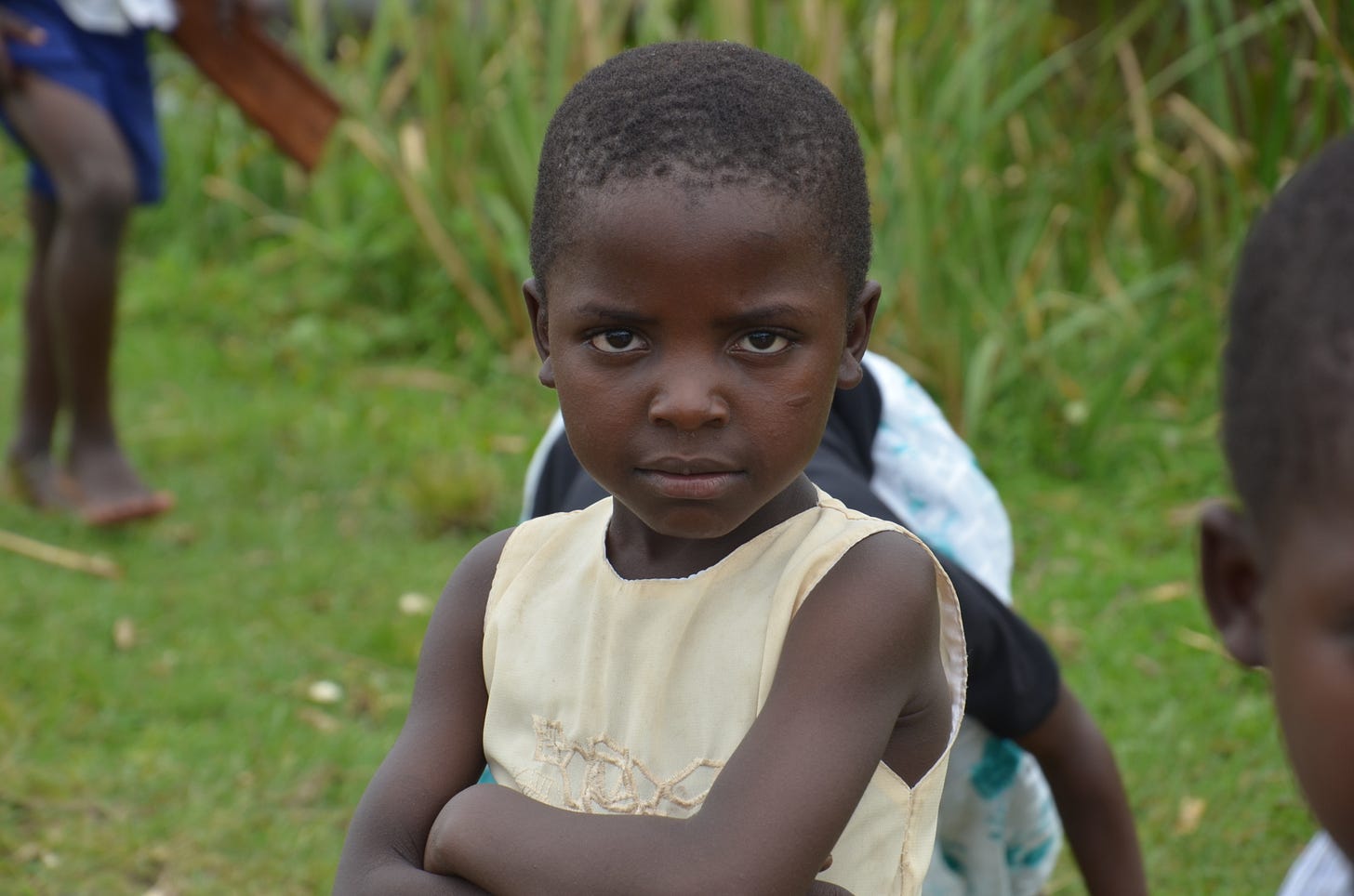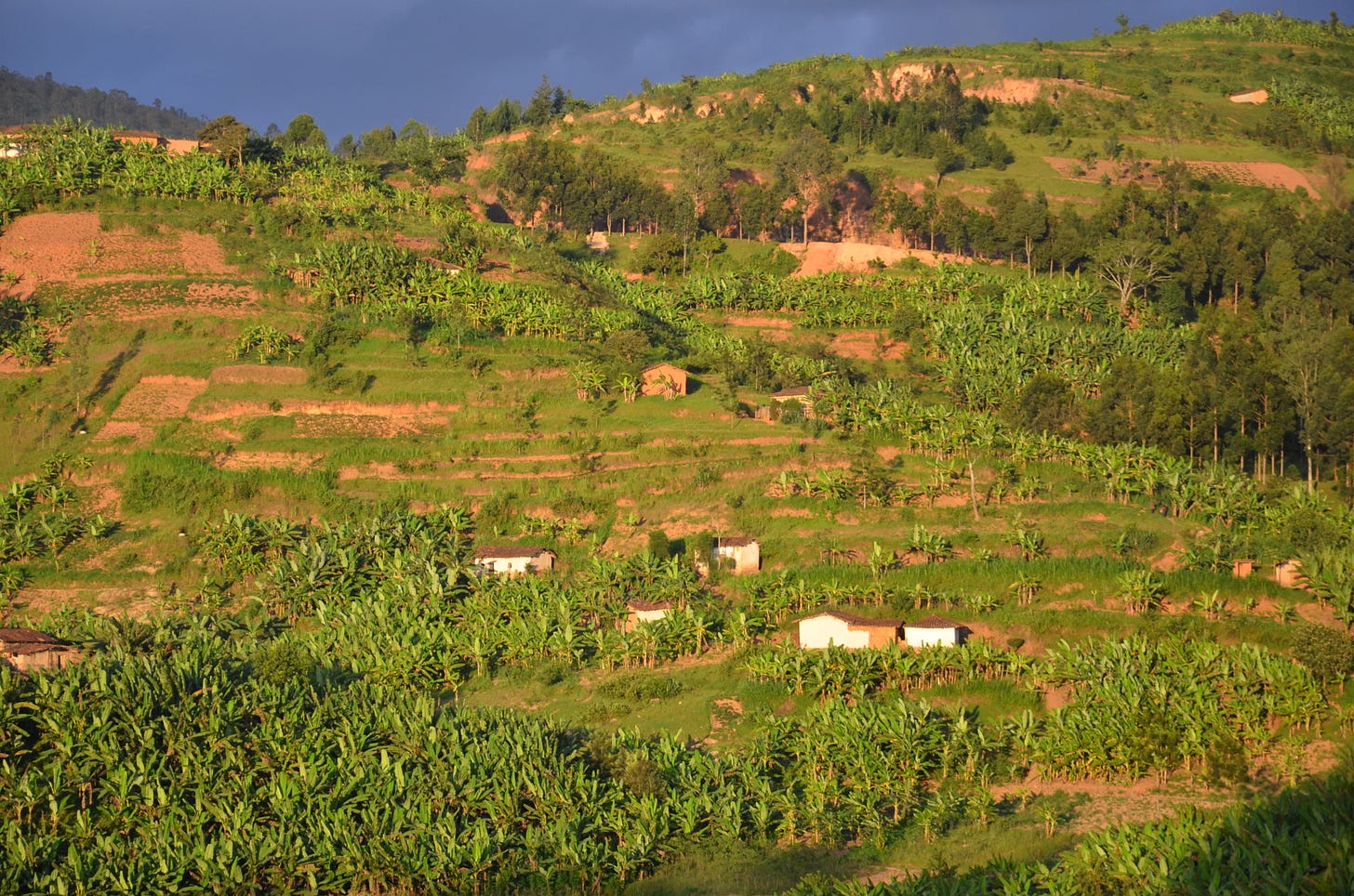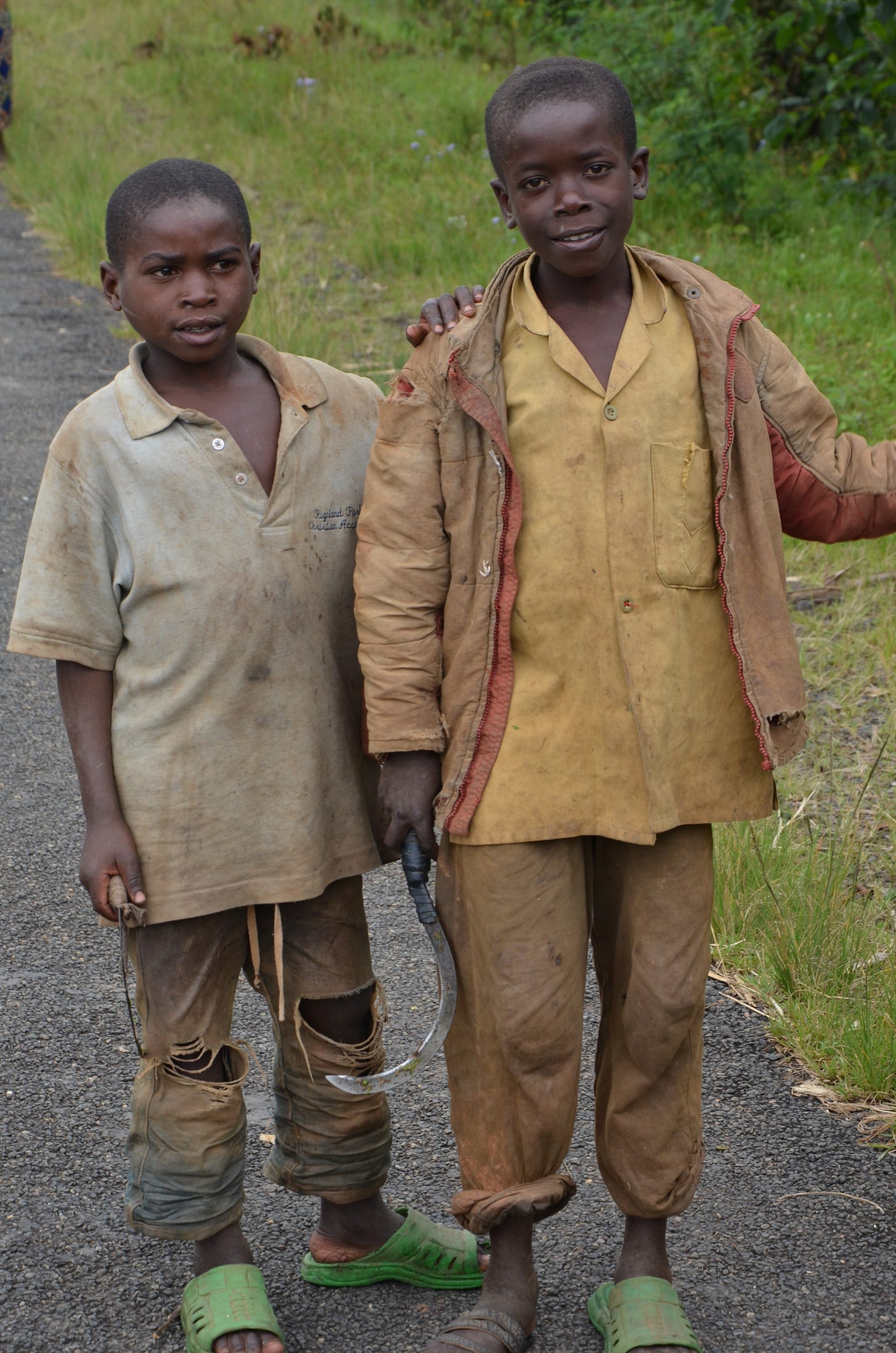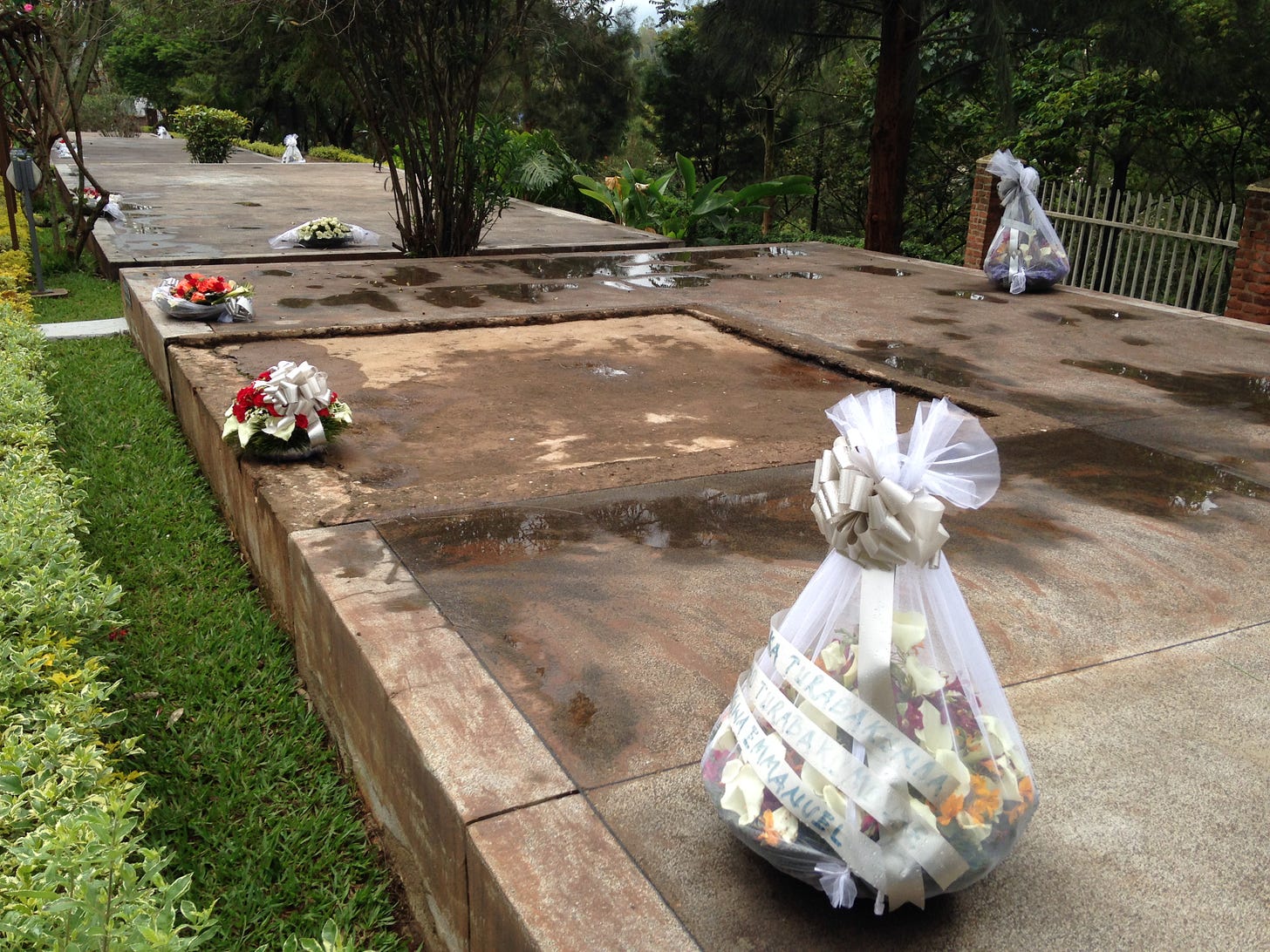So what’s Rwanda really like?
Rwanda has been in the news for months due to the British Government’s questionable plans to deport asylum seekers to East Africa’s smallest country.
Naturally the country comes up in conversations regularly and I’ve been struck by how many people are surprised when I say how functional it is. The knee-jerk reaction many have when the country is mentioned is to picture the horrific genocide it endured. Yet that was 30 years ago and it is a completely different country now.
It generally feels safe, has better roads than the UK - many are pretty new, with potholes a rarity, unlike in our own land - and has the neatest capital city I’ve seen in Africa. A common sight is people tending the flowerbeds along roads, for example.
On my initial visit in 2014 the first hint that I was about to land in an extraordinary country came when a flight attendant announced that on no account should we bring any plastic bags into Rwanda as they could be confiscated and we could be fined. Not wishing to test the Rwandan legal system on day one of our arrival in the country, a good proportion of passengers immediately set upon their luggage, feverishly removing any plastic bags they could find.
This made me marvel at a country that, having been through one of the darkest moments in 20th century history, seemed to now have a most peculiar priority: the prevention of litter. Where America and many other countries are still awash with disposable plastic bottles, cups, packaging and bags, Rwanda became one of the first countries in the world to ban single-use plastic bags and bottles in 2008.
But such a stance is an excellent priority to have. An emphasis on creating clean, litter-free neighbourhoods can only enhance a community. Also, a reduction in plastics can only enhance the environment.
And Rwanda has gone considerably further than this: it is the only country in the world that sets aside time each month for the whole nation to work together to participate in community work.
The practice is called Umuganda, a Kinyarwanda word that translates as ‘coming together in common purpose to achieve an outcome’. Today, it takes place on the last Saturday of each month from 8am and lasts for at least three hours.
However, forms of Umuganda have existed in Rwanda since pre-Colonial times, and at certain periods was considered repressive rather than a positive contribution to society. In the 1970s, for example, it was seen as forced labour. At its worst, it was utilised by Hutu elites to mobilise Hutu civilians for genocide.
The current form of Umuganda was most recently formalised as a government policy in 2009. Every non-disabled Rwandan aged 18 to 65 is required to participate, and participation by those above 65 years is optional but often taken up. Expatriates and visitors in the country are also encouraged to take part, however are not subjected to fines if they don’t, as locals are. It is a time when business activity stops, public transport is limited, and people can be widely seen working.
It has seen everything from schools, health centres, hydro electric plants and administrative buildings being built, streets cleaned, public flowerbeds, bushes and plants tended to, public facilities and roads repaired, litter removed and agricultural plots and wetlands rehabilitated and established.
Umuganda has also been used as a forum to inform citizens about important news and for the discussion of problems the community is facing.
Certainly, Rwanda is far from perfect in many ways, including still having widespread grinding poverty and the government exerting political repression and a lack of free speech.
But it is sobering to see how far the country has rebuilt itself over the last three decades following a period of absolute horror - and then to reflect on our own land where in the space of under half that time virtually every area of life controlled by the state, from schools, to hospitals, to councils, to care homes, dentistry, libraries, leisure centres, welfare support, the judicial system and much more have moved into a state of near collapse.





